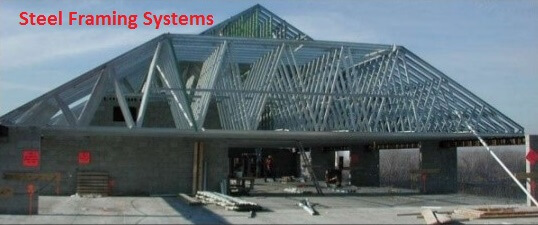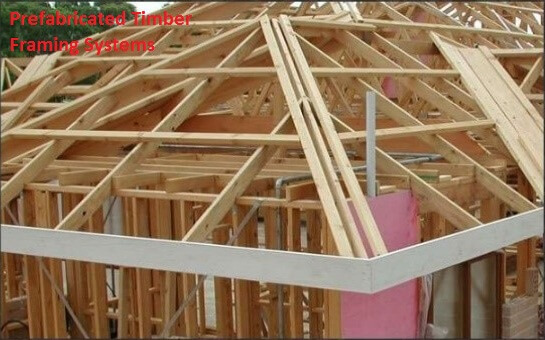What is the Industrialized Building System(IBS)?
An Industrialized Building System (IBS) refers to a technique of construction whereby components are manufactured in a controlled environment – either onsite or offsite – placed and assembled into construction works. The term IBS is often tossed around in the world of construction in Malaysia, overseas it goes by other terms such as Pre-fabricated construction, Modern Method of Construction (MMC) or even Off-site Construction.
IBS is also defined as an integrated manufacturing and construction process, carefully planned organization, and efficient management, preparation and control of resources, activities and results from the highly developed components. The manufacturing of the components are done with machines, templates, and other forms of machinery and equipment. Components manufactured off-site, once completed, will be delivered to the General Assembly and erection of the construction site.
The five main IBS groups present in Malaysia:
• Precast Concrete Framing, Panel and Box Systems – pre-cast columns, beams, slabs, 3-D components (balconies, staircases, toilets)

• Formwork Systems – tunnel forms, EPS-based forms, beams and columns moulding forms, permanent steel formwork

• Steel Framing Systems – steel beams and columns, portal frames, roof trusses

• Prefabricated Timber Framing Systems – timber frames, roof trusses

• Block Work Systems – interlocking concrete masonry units (CMU), lightweight concrete blocks

The Benefits of the IBS
• Higher quality products and minimum waste, due to a factory work environment that is easier to control.
• Elimination of conventional timber props and an obvious decrease of supporting materials, through the use of complete assembly elements or prop system for the onsite casting process.
• Stronger and safer work platform, produced through a complete assembly element.
• Faster completion, due to the introduction of prefabricated components to replace onsite fabrication.
• Safer, cleaner and more organized site, due to the reduction of construction waste, site workers and prefabricated construction materials.
• Cheaper total construction cost, resulting from the above factors.
The general idea the IBS is to realign effort and resources away from the less controlled environment of the construction site to the more controlled environment of the workshop. The implementation of IBS aims to create higher quality levels of construction at its core through control and consistency. As it stands right now, the implementation of IBS in Malaysia is met with many challenges but IBS is the future of construction and will play a key role in the future of the industry.
Overview of our solutions for the Precast & IBS Industry
The building below shows some of the possible applications for Leviat products in the precast/IBS industry, from mechanical splices to specifically designed precast technologies for lifting and connections. Whether for civil engineering or in residential and commercial projects, Leviat products play a crucial role behind the concrete.
Click here to learn more about our construction accessories for the IBS Precast Industry

Related Articles You May Be Interested In

